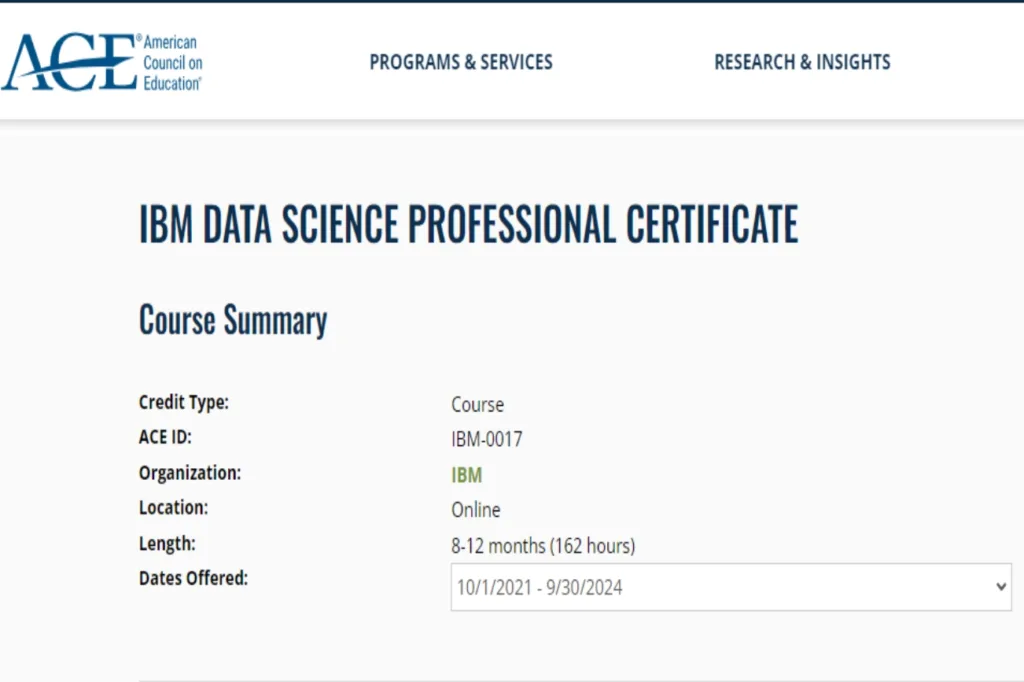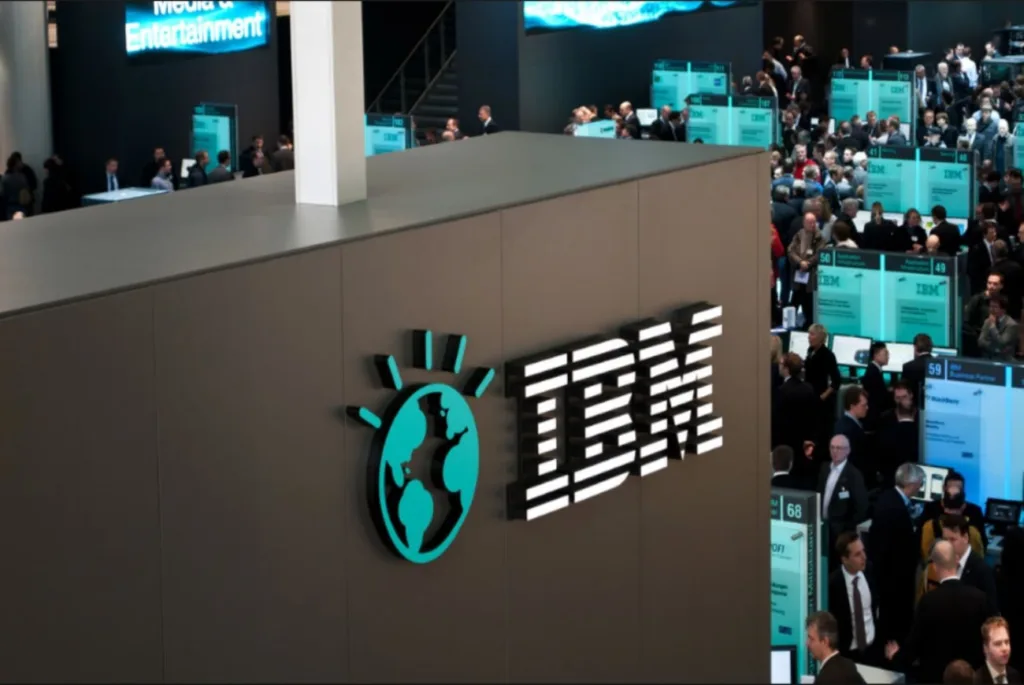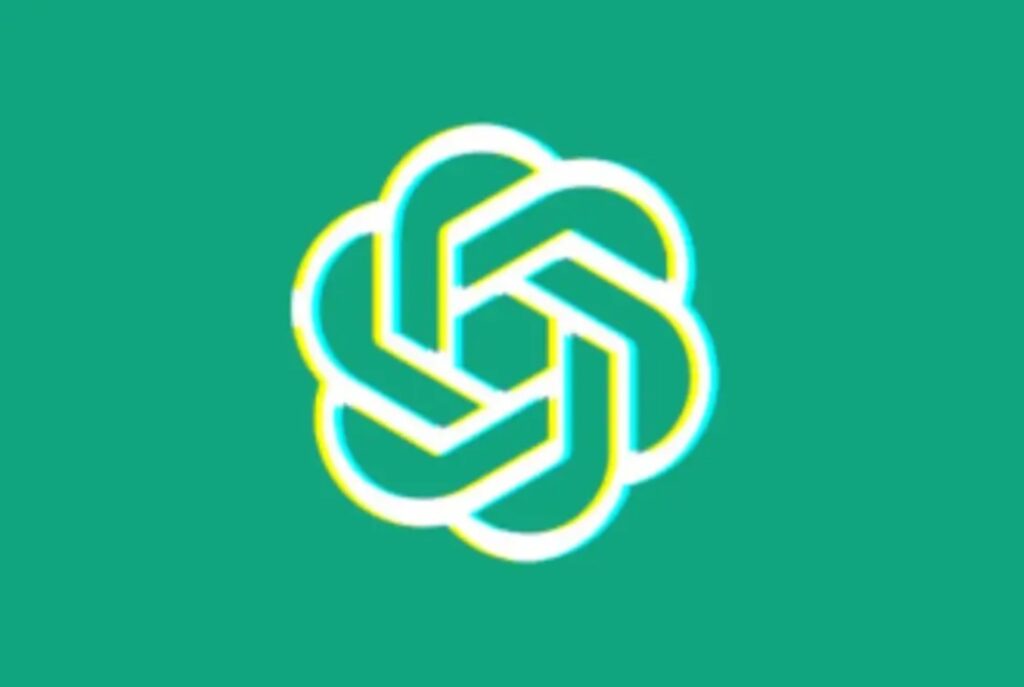Introduction
There are several certifications and courses that can help you navigate the Data Science career pathway, either as a beginner or as a mid-level professional. The IBM Data Science Professional Certification deserves some attention. This blog post will help you review what the certification entails, things you should know about it, and whether or not you should consider taking it.
A Data Science certification such as the IBM Data Science Professional Certification will help you gain and validate your skills in dealing with large volumes of data using modern tools. It involves finding unseen patterns, extracting meaningful information, building predictive models, and ultimately helping make better business decisions. These are demand-driven skills that can propel a successful career.
IBM Data Science Professional Certification Program

The IBM Data Science Professional Certification program is a training program to give you the knowledge and practical skills to become a Data Scientist using the resources provided by IBM- one of the world’s leaders in Big Data Technologies.
The program consists of 10 courses, each of which can be completed independently. And they focus on acquiring a separate set of skills.
You will learn the tools, languages (e.g. Python, SQL), and libraries that Data Scientists use in their daily tasks, data analysis and visualization, Machine Learning models and pipelines, etc. It crowns it with hands-on data projects to demonstrate your proficiency.
For many people, It is to “go to certification” to start a career in data science.
Who Is It For?
This certification is a beginner-friendly certification. People with little or no technical background can take this certification. No prior coding skill is needed. It is also ideal for those who want to transition from a Data Analyst role to a Data Scientist. It gradually eases you to the much more complex concepts of Data Science.
Prerequisites And Requirement
There are no prerequisites, it is however helpful to know your way around computers (basics) and some high school maths. More importantly, your desire to learn as the programs can take you from an absolute beginner to an industry-ready professional.
Duration and Cost of the Certification
It is about 162+ hours of course content. It is estimated to take 5 -10 months to complete (using a 10-hour/week schedule). There are no exam fees but the training course is only available through the Coursera platform (this is not free).
The Coursera subscription is $39/month, so the estimated cost for the program will range from $180 – $390 (for a 5-10 month duration).
Industry Recognition
The IBM Data Science professional certification is one of the most reputable Data Science certifications. It receives favorable recognition from employers, partly because it uses Python as its programming language in handling data. There is a preference for Python skills industry-wide for data science. The certification gives you an edge both in terms of depth and recognition.
This Certification also has recognition from the American Council of Education.
Degree Credits

Completing the IBM Applied AI Professional Certification can qualify for some Degree credits to study at some universities. Credit recommendations and competencies are available at the American Council of Education. Some eligible Universities/Institutions are :
- MBA in Business Analytics O.P. Jindal Global University (MBA BA)
- Master of Science in Data Science, Ball State University
- Master of Science in Information Technology, International Institute of Information Technology, Hyderabad
- Master of Data Science, Illinois Institute of Technology
What You Learn – IBM Data Science Courses
The Certification is a 10-course series covering the different areas of Data Science. Each course has its own individual enrollment, schedule, graded exams, and assignments on the Coursera Platform. The breakdown of what you will learn in each course is highlighted below.
Course 1: What is Data Science?
The Basic Introduction to Data Science for a Beginner. What the career entails, foundational introduction to Regression, What are Big Data and Neural networks, and the difference between them. The course is about 11 hours.
Course 2: Tools for Data Science
It introduces you to learning about the toolkits of Data Science and the function of each of them. The most relevant of these tools are Python (and its different libraries), Jupyter Notebooks, Github (and its repositories), and Watson Studios (an IBM IDE to build, run and manage AI models). You will also learn how to create and access these tools.
The course also gives you free cloud space to host your Jupyter Notebook and connect to an SQL database. It is an 18-hour course.
Course 3: Data Science Methodology
The focus of this course is to show how to solve a problem in data science – the methodology employed. From understanding the problem(business understanding), analytical approach, data requirement, data collection, data understanding, data preparation, modeling, evaluation, deployment, and feedback.
It also teaches you how to determine what the appropriate data analytic model should be, classification models used to analyze a case study, etc. The duration of the course is about 6 hours.
Course 4: Python for Data Science, AI & Development
This is especially useful if you do not know Python Language. It teaches you Python for Data Science and Software Development. You will learn different libraries such as Pandas, Beautiful Soup, and NumPy, and develop code using Jupyter Notebooks.
Other aspects covered by the course include applying Python programming logic Variables, Functions, Branching, Data Structures, Loops, Objects & Classes. The course duration is 26 hours.
Course 5: Python Project for Data Science
These are lab exercises to highlight your Python skills as a Data scientist. It includes a Practical Project to use Python to extract stock prices from Tesla and Gamestop stocks. It is the shortest of all the course series.
Course 6: Databases and SQL for Data Science with Python
The modules of this course include getting started with SQL, Relational Databases, Accessing databases using Python, and Advanced SQL for Data Engineer. You will learn to analyze data using Python and SQL, create Relational databases, construct SQL queries using DML commands, etc.
The duration of the course is 20 hours.
Course 7: Data Analysis with Python
You will learn to develop Python code for cleaning and preparing data for analysis, manipulate data using Dataframes, perform exploratory data analysis, apply analytical techniques to datasets (using Python libraries like Pandas, SciPy, and NumPy), build and evaluate Regression models using Machine Learning Scikit learn library and how you can use them for decision-making.
The course duration is 15 hours.
Course 8: Data Visualization with Python
The core goal of this course is to take data in its raw form and transform it into something useful and meaningful i.e. Data Visualization. You will be using three Python Libraries to achieve this, they are Seaborn, Folium, and Matplotlib. You will learn to create types of charts (for visualization) and plots such as area, line bar, pie, histogram, bubble, scatter, and advanced visualizations like waffle charts regression plots, maps with markers word clouds, etc.
Another critical aspect of this course is learning how to create dashboards using Plotly and Dash. The course duration is 19 hours.
Course 9: Machine Learning with Python
This is the most important course in the series. The core modules are Introduction to Machine Learning(describing the various ML algorithms and when to use them), Regression (including evaluating the results from simple linear, non-linear, and multiple regression on a data set) Classification, Linear Classification (comparing and contrasting the different classification methods) and Clustering. The duration is 19 hours.
Course 10: Applied Data Science Capstone
This course highlights all the concepts you learned in previous courses, to use them in a Data Science project. It is purely hands-on practical exercises. In the Capstone Project, you will assume the role of a Data Scientist who works for a start-up company and competes with SpaceX. The course duration is 19 hours.
After you complete the course series, you are awarded a Professional Certificate from IBM and a badge you can share on your LinkedIn or Resume.
It is highly encouraged that you take the courses in the order suggested by the Program, especially if you are a beginner. You can also take any of the courses in isolation to learn Data Science concepts you already have some foundational knowledge in Data Analytics.
Career Opportunities And Salaries
Data Scientists are employed across many industries – Tech, finance, marketing, healthcare, etc. Understanding data science and the ability to make data-driven decisions is useful in any career, but some careers specifically require a data science background. Some examples of career opportunities you can explore with this certification include:
- Data Scientist
- Data Engineer
- Business Intelligence Analyst
- Data Architect
- Machine Learning Engineer
- Data Analyst
- Marketing Analyst
- Quantitative Analyst
- Operational Analyst
The salary range of the IBM Data Science Professional Certificate holder is $69k- $133k (according to ) with an average of $95,195. Indeed.com puts the range value in the US at $57k – $236k, an average of $131k. This is significantly above what many similar tech roles earn.
Pros and Cons of the Certification
The pros and cons of the certification are highlighted below
Pros
- It is extremely beginner-friendly. No prior coding or other technical skill is required.
- It chooses Python over other programming languages. Python is the most preferred programming language for Data Science.
- It is taught by experienced IBM’s experienced professionals. The certification body is IBM, which is a globally recognized brand.
- It may qualify you for some degree credits in some Universities.
Cons
- The certification is subscription-based through Coursera(instead of a one-time off). The cost can be substantially high when you take longer to complete it.
Is It Worth It? Final Thoughts
Considering the merits of the Certification, the skills it teaches, Industry recognition, and the career opportunities that the IBM Data Science Professional Certificate offers, it is certainly worth your time and resources.
Source: Coursera IBM Data Science Professional Certification
Interested in AI Certification? Check out: REVIEW OF IBM AI CERTIFICATIONS -WHAT YOU SHOULD KNOW




